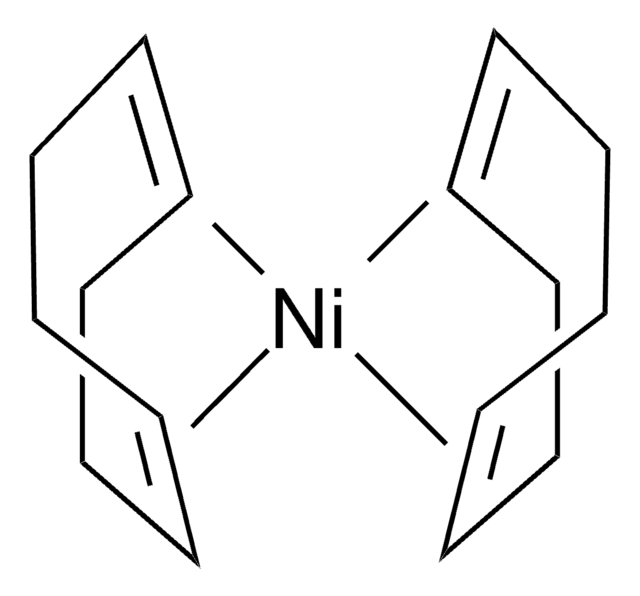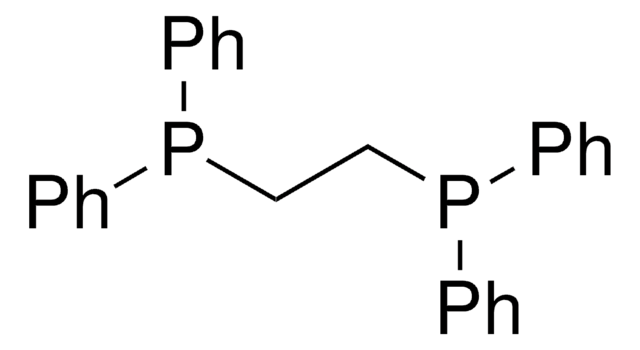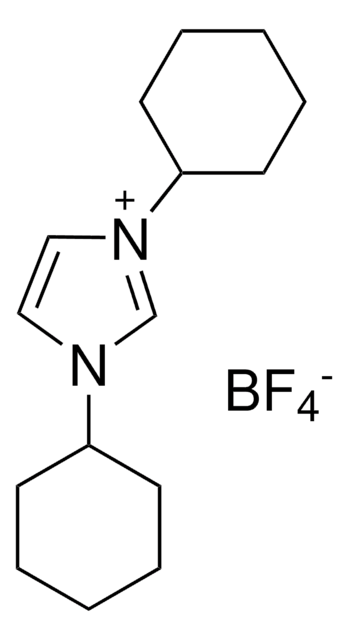Wichtige Dokumente
364304
Nickel(II)-chlorid Hydrat
99.95% trace metals basis
Synonym(e):
Nickel dichloride hydrate
About This Item
Empfohlene Produkte
Dampfdruck
1 mmHg ( 671 °C)
Qualitätsniveau
Assay
99.95% trace metals basis
Form
solid
Zusammensetzung
Degree of hydration, 7-8
Eignung der Reaktion
reagent type: catalyst
core: nickel
Verunreinigungen
≤550.0 ppm Trace Metal Analysis
SMILES String
O.Cl[Ni]Cl
InChI
1S/2ClH.Ni.H2O/h2*1H;;1H2/q;;+2;/p-2
InChIKey
HGGYAQHDNDUIIQ-UHFFFAOYSA-L
Signalwort
Danger
Gefahreneinstufungen
Acute Tox. 3 Inhalation - Acute Tox. 3 Oral - Aquatic Acute 1 - Aquatic Chronic 1 - Carc. 1B Inhalation - Repr. 1B - Resp. Sens. 1 - Skin Irrit. 2 - Skin Sens. 1 - STOT RE 1
Lagerklassenschlüssel
6.1C - Combustible acute toxic Cat.3 / toxic compounds or compounds which causing chronic effects
WGK
WGK 3
Flammpunkt (°F)
Not applicable
Flammpunkt (°C)
Not applicable
Persönliche Schutzausrüstung
Eyeshields, Faceshields, Gloves, type P2 (EN 143) respirator cartridges
Hier finden Sie alle aktuellen Versionen:
Besitzen Sie dieses Produkt bereits?
In der Dokumentenbibliothek finden Sie die Dokumentation zu den Produkten, die Sie kürzlich erworben haben.
Kunden haben sich ebenfalls angesehen
Artikel
Plasmonic nanoparticles have unique optical properties that can be tailored to suit a variety of applications in the biotechnology1–8 and electronics9–16 industries.
Unser Team von Wissenschaftlern verfügt über Erfahrung in allen Forschungsbereichen einschließlich Life Science, Materialwissenschaften, chemischer Synthese, Chromatographie, Analytik und vielen mehr..
Setzen Sie sich mit dem technischen Dienst in Verbindung.
















